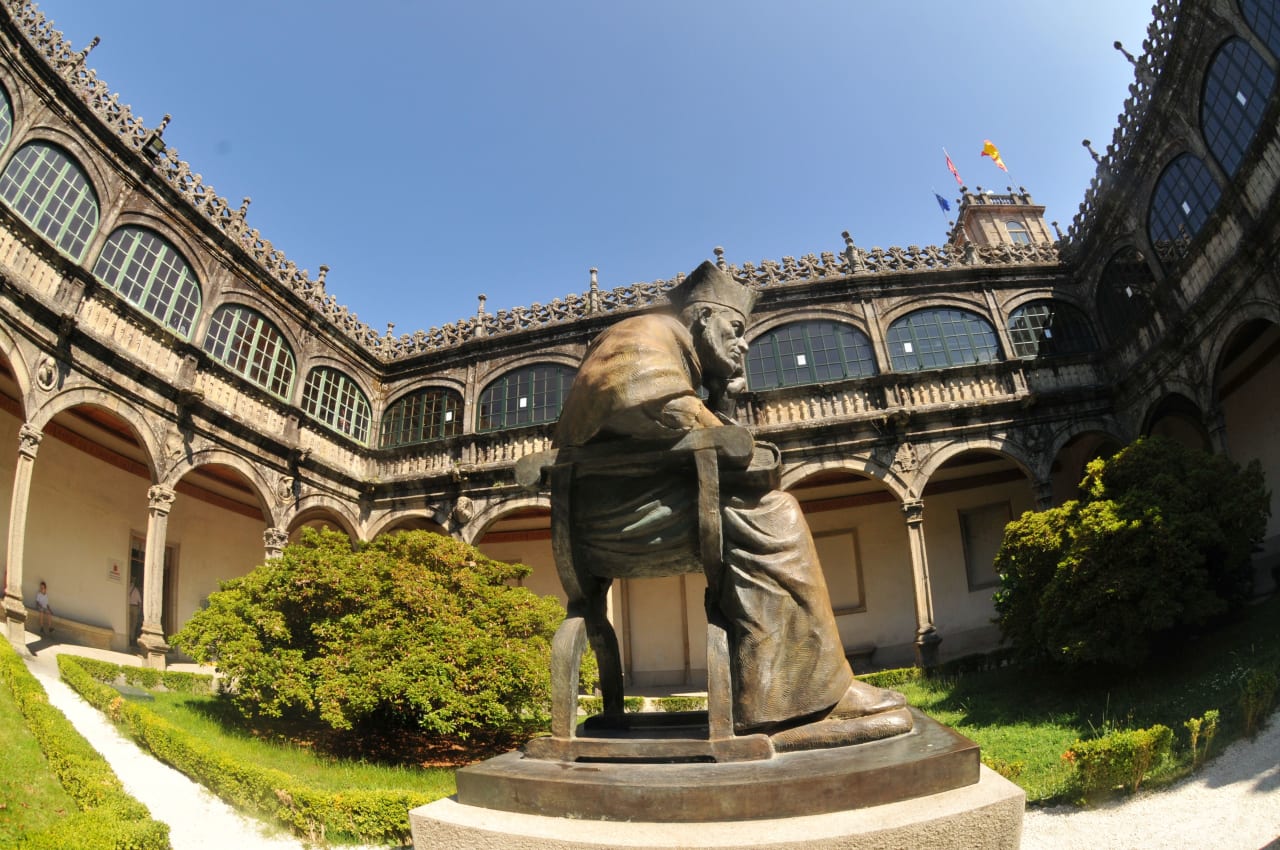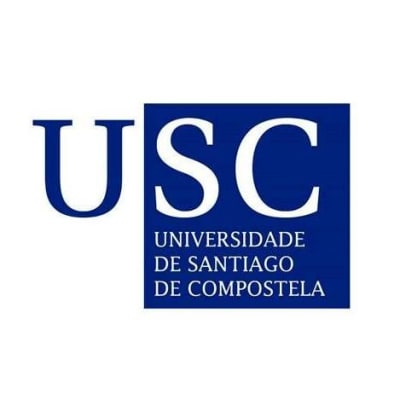
PhD in Contemporary History
Universidade Santiago de Compostela

Key Information
Campus location
Santiago de Compostela, Spain
Languages
Spanish, Galician
Study format
On-Campus
Duration
3 years
Pace
Full time
Tuition fees
EUR 200 / per year
Application deadline
Request info
Earliest start date
Oct 2024
Introduction
Contemporary History is a fully consolidated area in university teaching and research. Beyond the limits of the Humanities, it also has a growing recognition and notorious interest among scientists and professionals in the macro-scientific-social area. This is because of its ability to explain recent times and, consequently, provide that repository of essential experiences to be able to understand the present and face decision-making, as well as to contribute to forging collective memory, an essential ingredient of social cohesion. Therefore, the significance of Contemporary History in the articulation of current societies is beyond doubt.
Doctors in Contemporary History trained in this Program may be integrated, among other socio-professional sectors, in university education, in public and private research centers, in companies of the cultural industry, in companies or public bodies in charge of heritage management cultural, in companies and institutions of social and prospective analysis or in the media. In all these sectors, at least, they will be able to perform functions at the highest level.
Lines of investigation
- The State and the public space
- Identities, nation and nationalism
- Rural societies, urban societies
- Cultural history and history of political ideas
- History of international relations
- Social change and socioeconomic transformations
- Historiography and politics of memory
Gallery
Ideal Students
The recommended entry profile is that of students with the following skills and knowledge:
1) In relation to historiographic and social science techniques and methods:
- Handle the theoretical tools of the human and social sciences
- Understand in depth and critically analyze historiographical and theoretical texts.
- Know the debates and trends in current historiographical research
- Distinguish the methods and objects of research in the different branches of historiography
- Handle primary source analysis techniques
- Know how to carry out a critical reading of secondary sources
- Apply the historical perspective to multidisciplinary contexts or to different areas of study.
2) In relation to self-learning and information management:
- Ability to acquire information autonomously and integrate knowledge from various disciplines on a specific object of study.
- Ability to search, filter and synthesize historiographic knowledge in bibliographic support and in periodical publications
- Know how to use the digital resources available on the Internet to collect information, as well as apply specific procedures to purify it
- Ability to subject information to criticism, prepare it and analyze it using techniques accepted among historians
- Prepare oral, written and audiovisual presentations on historiographical topics
- Write academic essays and professional reports on historical issues
3) In relation to the initiation of historical research:
- Ability to carry out analysis of complex historical situations and know how to differentiate and integrate the various dimensions of a social problem.
- Theoretical disposition for the definition of research topics relevant to the development of knowledge.
- Ability to carry out state-of-the-art historiographical problems and identify lines of research.
- Ability to historically contextualize contemporary phenomena and events.
- Ability to communicate the results of an analysis or research work to specialized and non-specialized audiences, in a clear and rigorous manner.
- Know how to delimit an object of analysis and design empirical research strategies on historical problems.
- Ability to design research projects to present them in competitive funding calls.
4) In relation to language knowledge:
- Knowledge of Spanish at level B2 of the Common European Framework of Reference for Languages.
- Knowledge of English at level B2 of the Common European Framework of Reference for Languages.
Admissions
Curriculum
Formation activities
- Specific training: research seminar E5051A01
- Specific training: interuniversity conferences for doctoral students in contemporary history E5051A02
- Specific training: national and international conferences, symposiums and workshops in the field of historiography E5051A03
- Specific training: mobility plan E5051A04
Training complements
- Technological innovation and sustainability in rural Europe in the 20th century P5012230
- Forms of conflict and rural violence in Contemporary Europe P5012231
- Forestry, hydraulic and colonizing policies in Contemporary Spain P5012234
- Sociocultural history of war in Europe, 20th century: Spain (1936-1939) P5012246
Program Outcome
Contemporary History is a fully consolidated area in university teaching and research. Beyond the limits of the Humanities, it also enjoys growing recognition and notable interest among scientists and professionals in the social-scientific macro-area. This is because of its ability to explain recent times and, consequently, provide that deposit of essential experiences to be able to understand the present and face decision-making, as well as to contribute to forging collective memory, an essential ingredient of social cohesion.